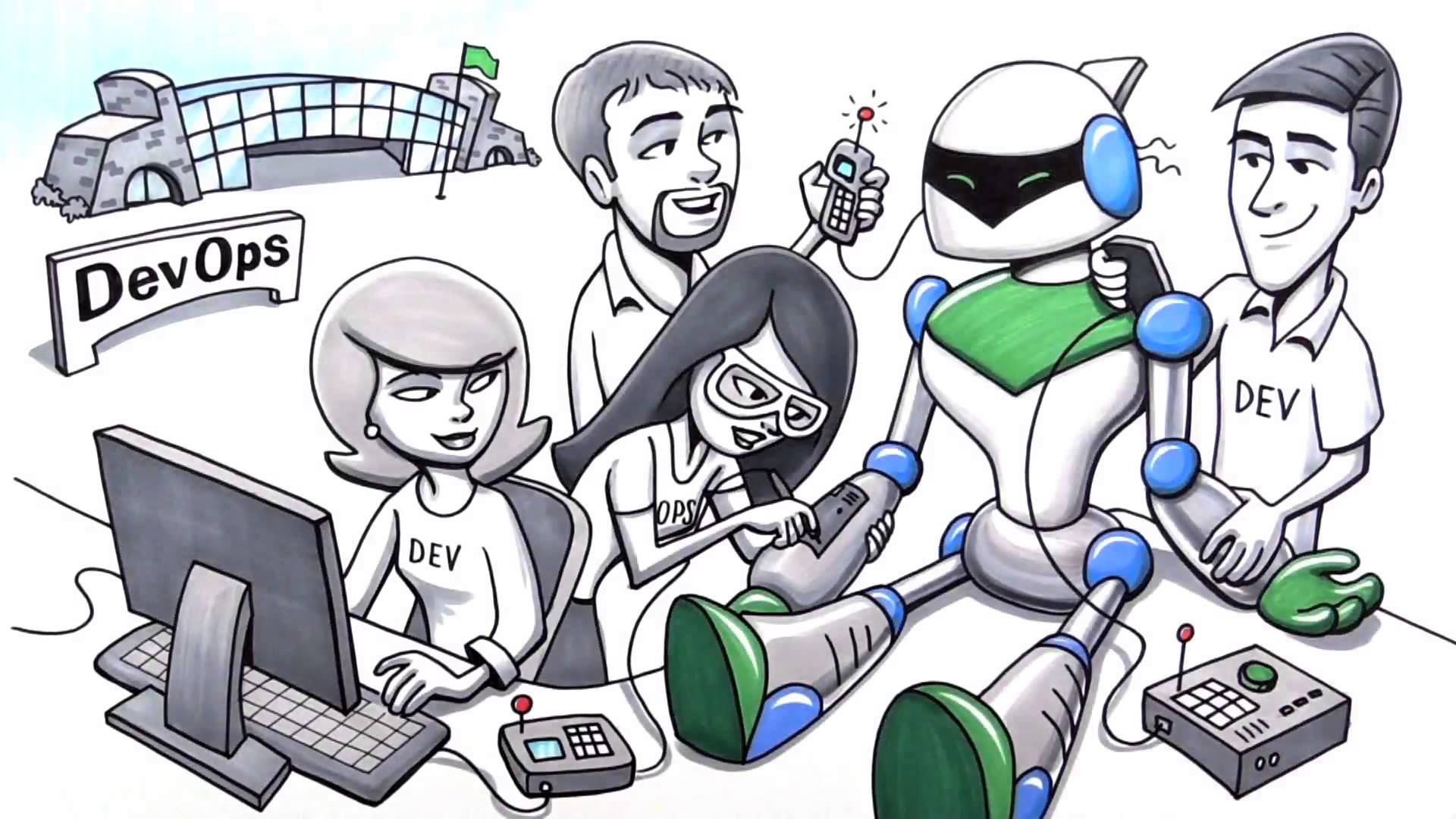DevOps Mentality
DevOps culture bridges the gap between software's development and its real-world operation by changing the culture of the enterprise.
Join the DZone community and get the full member experience.
Join For FreeDeveloping software was a huge challenge just a few years ago because development team members had to coordinate among themselves to be on track and reach deadlines on time. Product development has now become a lot simpler and more transparent due to more structured planning and testing processes. But one last challenge still exists for developers: they spend a lot of time creating a product or feature that runs perfectly in their test environment, only to find out later that it doesn't work in production. Development can be done in a closed or virtual environment with ideal operating conditions, but if the product is to be delivered to the market, then external factors need to be considered. This gap between software development and how products actually function in the real world was first bridged by DevOps.
What Is DevOps?
Development and operations teams are responsible for developing and releasing an enterprise's products and features. When these teams work together to satisfy end users' demands, this is called DevOps. DevOps is a development strategy which has driven major change in the product development industry, improving the overall efficiency of enterprises' development time frame.

How Can DevOps Influence Your Enterprise?
It's possible to still develop a lot of features and products if your development and operations teams work independently, but those products might not always meet end users' needs. This is where an operations team is needed to run new features or products in a more realistic test environment that mimics how the product will actually work when it's released to end users.
This is why enterprises employ DevOps, to promote more coordination and collaboration between their development and operations teams.
How Can the Absence of DevOps Affect a Company's Culture?
When development and operations teams work in collaboration, they share goals and common deadlines, enabling them to develop and release products faster. In the absence of DevOps, the operations team has no clarity over the new feature or product until it is tested under a production environment. When they do test the product or feature that is delivered to them for assessment, they'll tend to find a few bugs or potential tweaks, which the development team has to resolve before sending an updated version back to the operations team. This cycle may continue for a while until a marketable version is achieved. Without a DevOps strategy in place, the overall software development process can be severely delayed by the back and forth between the development and operations teams.
In general, the absence of DevOps can lead to a gap between:
Theory and practice.
Goals and deadlines
Features and performance.
There is a number of tools available in the market like GitHub, Jenkins, Chef, Puppet, and SaltStack that sync with DevOps culture. But adopting the right one is always a tough decision to make. After proper analysis of the tools and their scope, developers can choose which one to adopt.
If You Need DevOps, You Need Patience
Achieving a DevOps culture is never easy; it's a long-term goal that can only be achieved with a lot of patience. Some organizations may find that the development team will still always point fingers at the operations team for any delay in development, and vice versa.
However, with a strong leader who can make both the development and operations teams work together—and who can periodically monitor the overall development pipeline to check for performance improvements and delays—enterprises can achieve a complete DevOps culture and improve their overall product delivery time in just a few years.
The first step towards achieving a DevOps environment is changing employees' mindset, and while that is easier said than done, it's important to recognize that many enterprises have already made the switch to DevOps. Most leading organizations, including Amazon, Netflix, Target, Walmart, Facebook, Salesforce, Adobe, and ManageEngine have already employed DevOps to offer the best products for their users.
Opinions expressed by DZone contributors are their own.

Comments